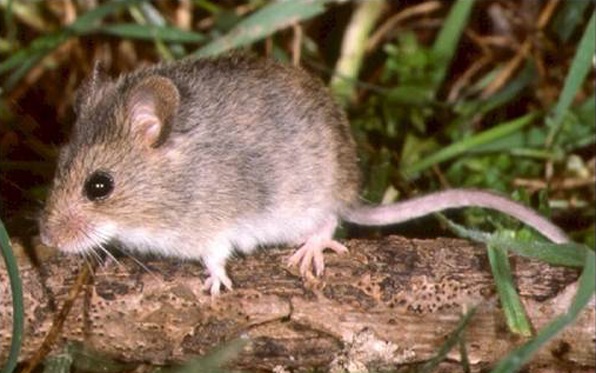Two Mice Test Positive for Hantavirus

County environmental health officials reminded people Friday to be careful whenever they find rodents after two mice caught recently in routine trapping tested positive for the potentially-deadly hantavirus.
A California mouse trapped in Campo and a western harvest mouse trapped in Poway both tested positive for hantavirus, which can cause a very dangerous disease — hantavirus pulmonary syndrome.
Environmental health officials said rodents rarely pose a threat to people as long as those rodents remain in the wild and outside of people’s homes. They also said that the common house mouse, the species most likely to be found in urban areas, does not carry the disease.
However, they said that people can come into contact with infected rodents in rural, backcountry areas or urban canyons and that people should always be careful if they find rodents in their homes, sheds, or garages.
“The best way to make sure you don’t get exposed is to keep rodents out of your house — don’t come in contact with them — seal up any holes larger than a dime,” said Environmental Health Director Jack Miller. “If you do find rodent infestations, remember not to sweep or vacuum up, because hantavirus is an airborne disease. Use ‘wet-cleaning’ methods to protect yourself.”
Wild rodents, most notably deer mice, can carry hantavirus and shed it through their saliva, urine and feces. People can breathe in the virus if infected dust from droppings and nesting materials is stirred up and becomes airborne.
Hantavirus pulmonary syndrome starts with flu-like symptoms but can grow into severe breathing difficulties that can kill. There is no vaccine, cure or specific treatment for hantavirus pulmonary syndrome, and the National Centers for Disease Control and Prevention (CDC) report that it kills 38 percent of the people who get it.
How to Avoid Exposure to Hantavirus:
- Eliminate rodent infestations immediately.
- Avoid rodent-infested areas and do not stir up dust or materials that may be contaminated with rodent droppings and urine.
- Clean up rodent droppings and urine using the wet cleaning method described below.
Wet-cleaning Methods:
- DO NOT SWEEP OR VACUUM INFESTED AREAS.
- Ventilate affected area by opening doors and windows for at least 30 minutes.
- Use rubber gloves. Spray a 10 percent bleach solution or other disinfectants onto dead rodents, rodent droppings, nests, contaminated traps, and surrounding areas and let the disinfectant stand for at least 15 minutes before cleaning. Clean with a sponge or a mop.
- Place disinfected rodents and debris into two plastic bags, seal them and discard in the trash. Wash gloves in a bleach solution, then soap and water, and dispose of them using the same double-bag method.
- Thoroughly wash your hands with soap and water.
For more information, contact the County Department of Environmental Health (DEH) at (858) 694-2888 or visit the DEH hantavirus Web page.